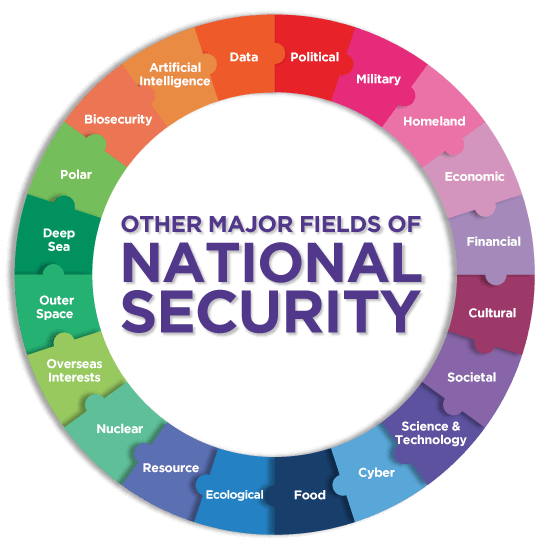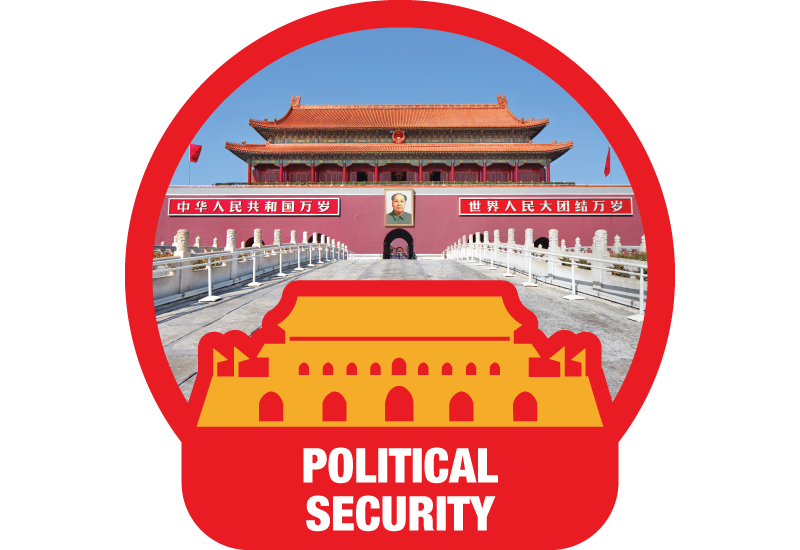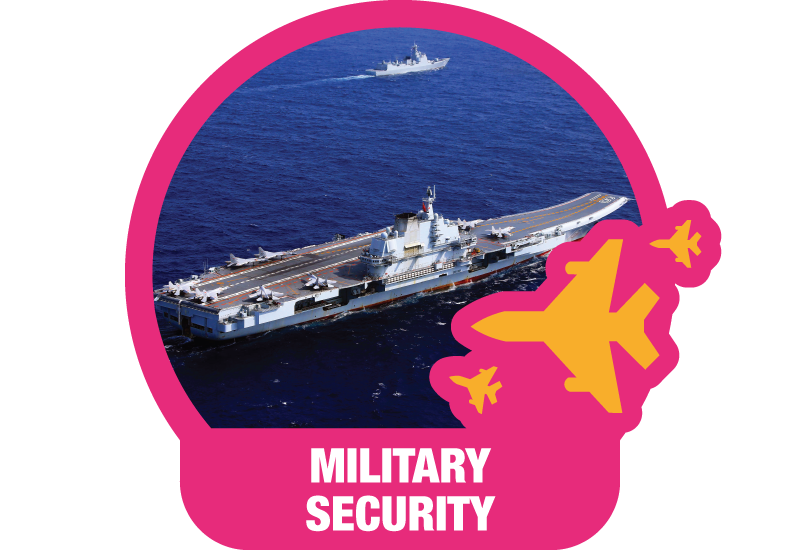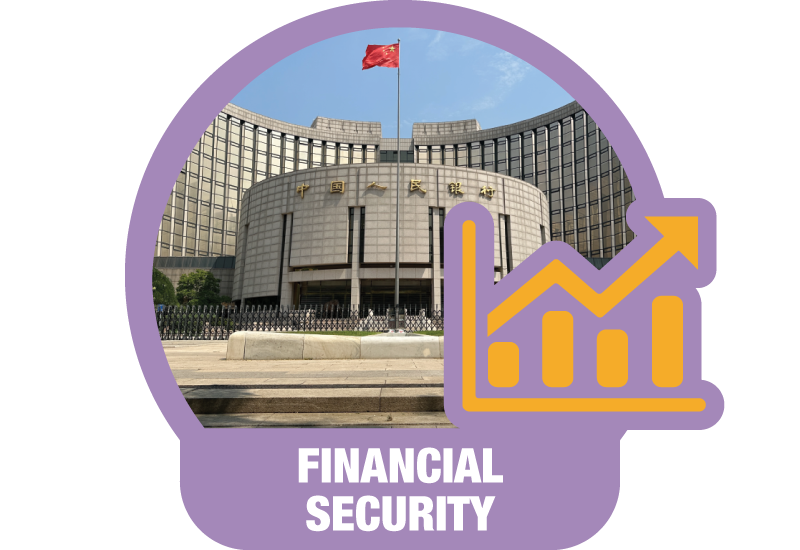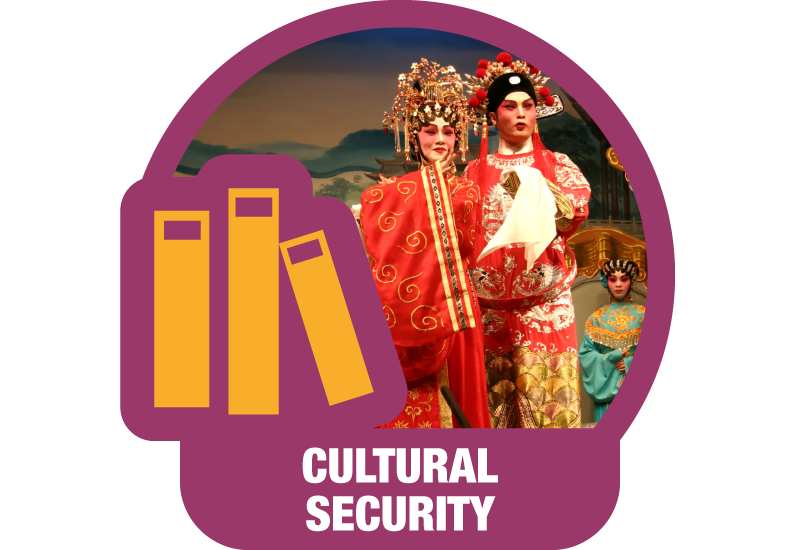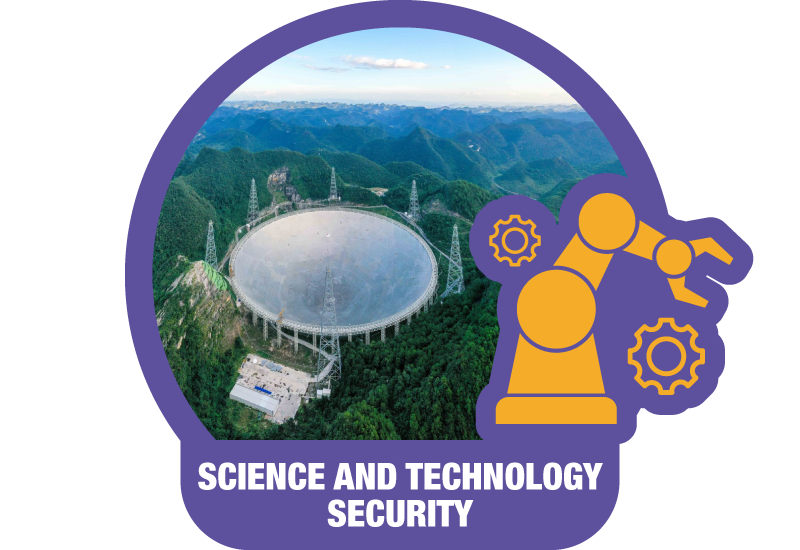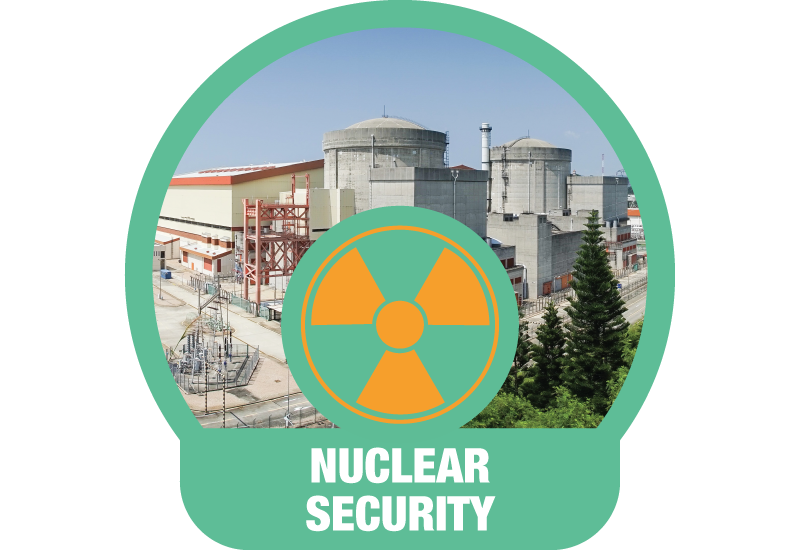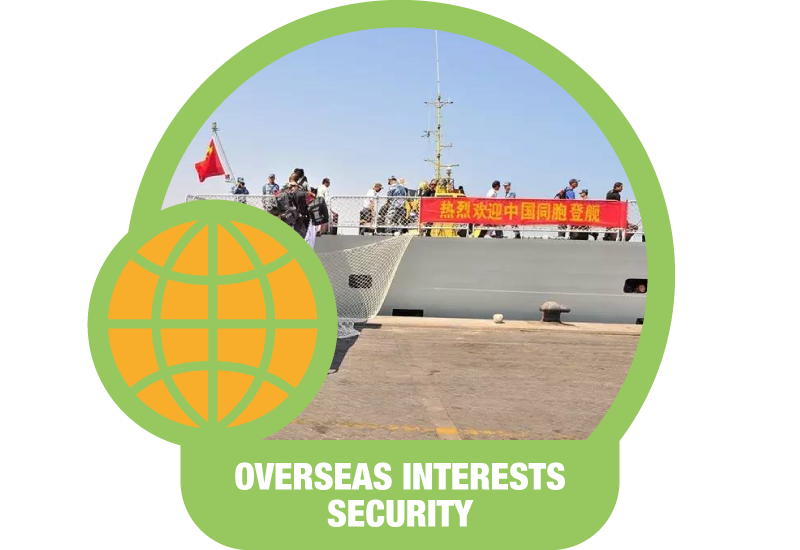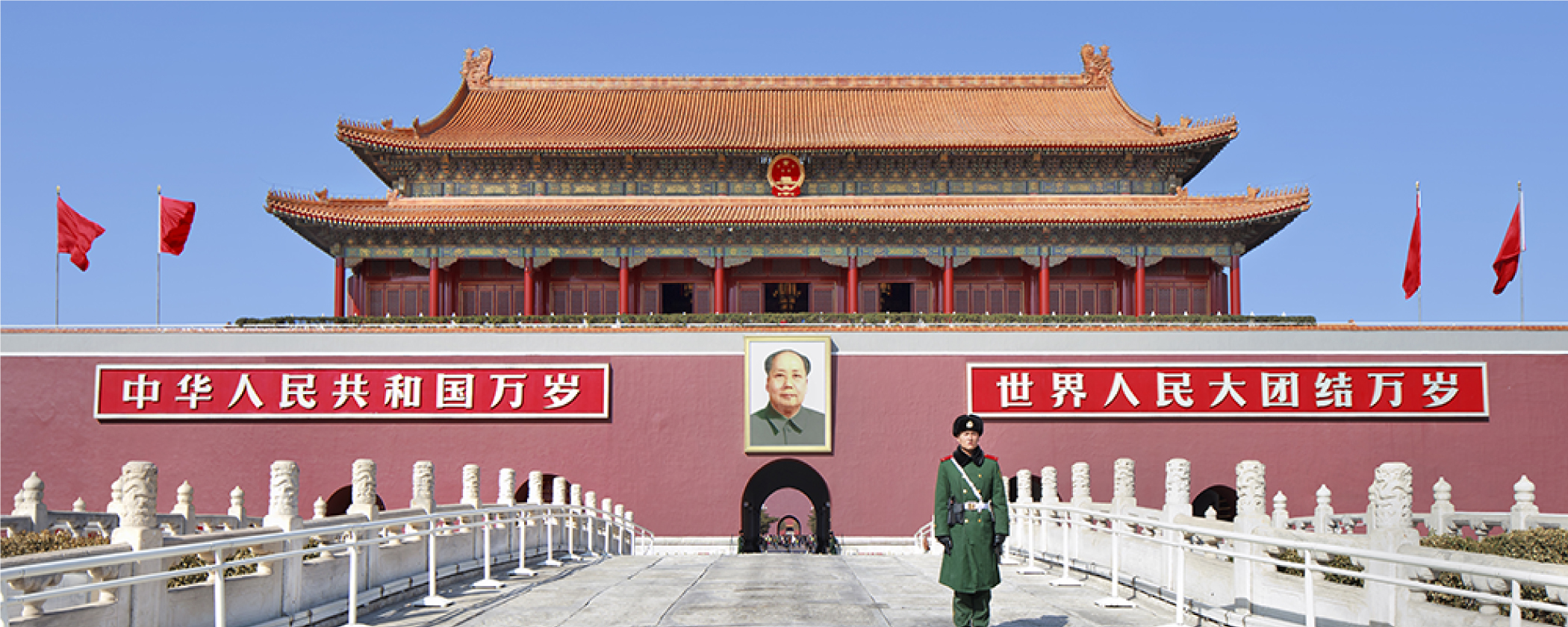
Political security refers to a state in which the political regime, political system, political order and ideology of a country are free from threats, prejudice, subversion and destruction. It is a core area of national security and forms the basis of national security.
The core of political security is the security of political regime and system. The primary objective is safeguarding the leading and ruling status of the Communist Party of China, as well as socialism with Chinese characteristics. Without political security, the country will inevitably be reduced to a state of disunity and disarray, and there is no way to talk about the rejuvenation of the Chinese nation and building of a strong and prosperous nation.
Our country's institutional framework covers: the people's democratic dictatorship; National People's Congress system; multi-party cooperation and political consultation system under the leadership of the Communist Party of China; consolidation and development of the broadest patriotic united front; system of regional ethnic autonomy; and system of self-governance in the community.
In the new era, our country is faced with a complex situation with increasing risks. For example, external forces are discrediting political systems and political party systems different from theirs under the banner of so-called "democracy, freedom, and human rights" etc.; distorting and smearing the Communist Party of China; and inciting antagonism amongst the people.
A special chapter in the report of the 20th National Congress of the Communist Party of China is dedicated to making strategic arrangements for promoting the modernisation of the national security system and capability, and resolutely safeguarding national security and social stability. It comprises: adhering to political security as the foundation; upholding the centralised and unified leadership of the Party's Central Committee for national security work, and improving the efficient and authoritative national security leadership system; firmly safeguarding the security of China's state power, systems and ideology; firmly safeguarding China's sovereignty, security, and development interests; improving the mechanism to counter sanctions, interference, and "long-arm jurisdiction"; and stringently combatting infiltration, sabotage, subversion and separatist activities by hostile forces.
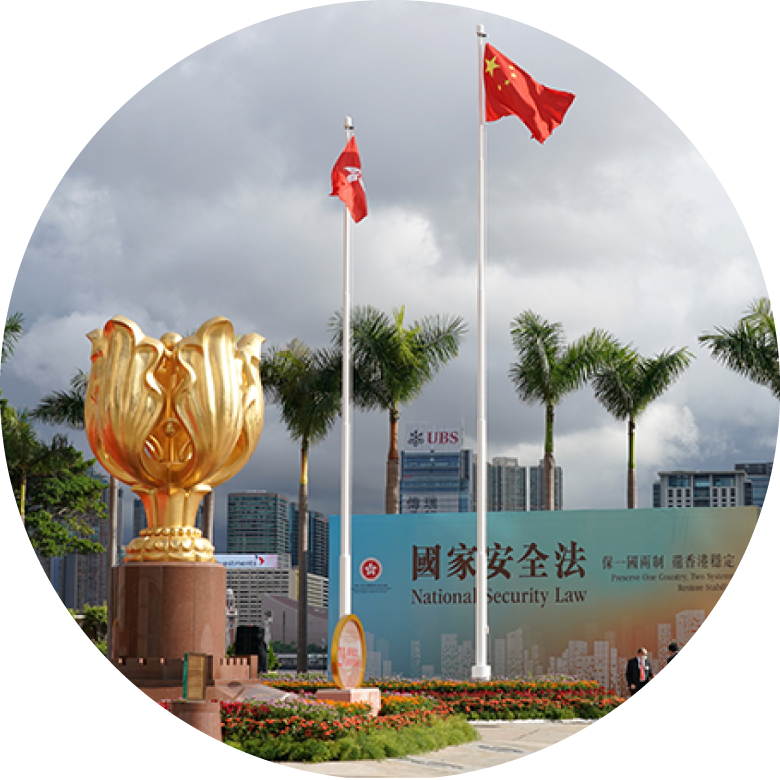
"One Country" is the prerequisite and foundation for implementing "Two Systems" and ensuring Hong Kong's long-term prosperity and stability. The "One Country, Two Systems" policy is a holistic system. The overarching principle of the "One Country, Two Systems" is to safeguard national sovereignty, security and development interests. On this premise, Hong Kong's existing capitalist system will remain unchanged in the long term and Hong Kong will enjoy a high degree of autonomy. Since Hong Kong's return to the Motherland, experience has demonstrated that we must fully and faithfully implement the "One Country, Two Systems" principle, safeguard the constitutional foundation and order of the Special Administrative Region jointly constructed by the Constitution of the People's Republic of China (the Constitution) and the Basic Law of the Hong Kong Special Administrative Region of the People's Republic of China (the Basic Law), and implement the principle of "patriots administering Hong Kong" for safeguarding national security. The more steadfast the "One Country" principle is upheld, the greater the advantages of "Two Systems" are manifested.

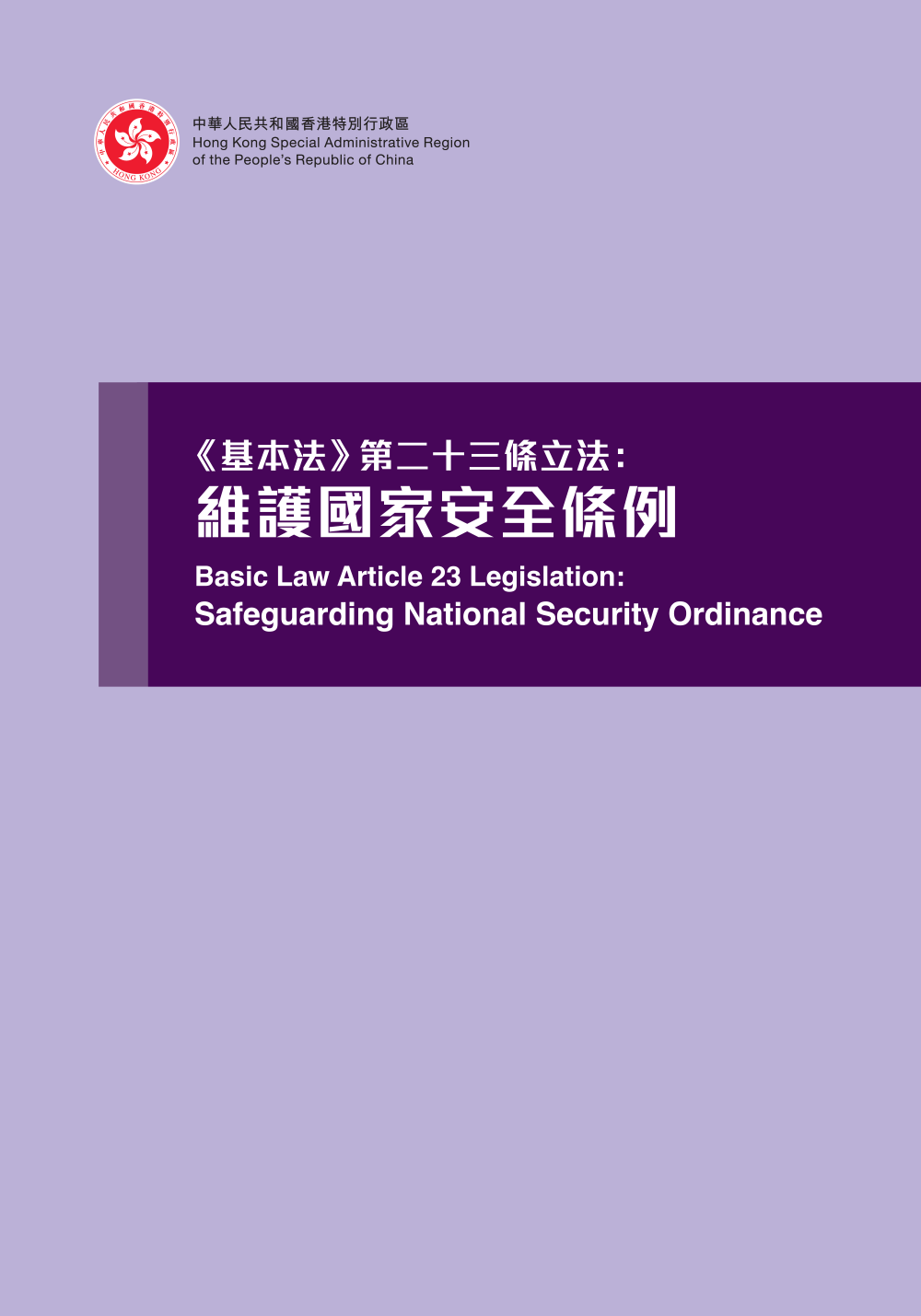
As citizens of Hong Kong, we must firmly uphold "One Country, Two Systems" and the overall jurisdiction over the HKSAR by the Central Authorities, safeguard the constitutional order of the HKSAR, and support the implementation of the Hong Kong National Security Law, the Safeguarding National Security Ordinance, and the principle of "patriots administering Hong Kong". We must do our utmost to safeguard Hong Kong's political security.

